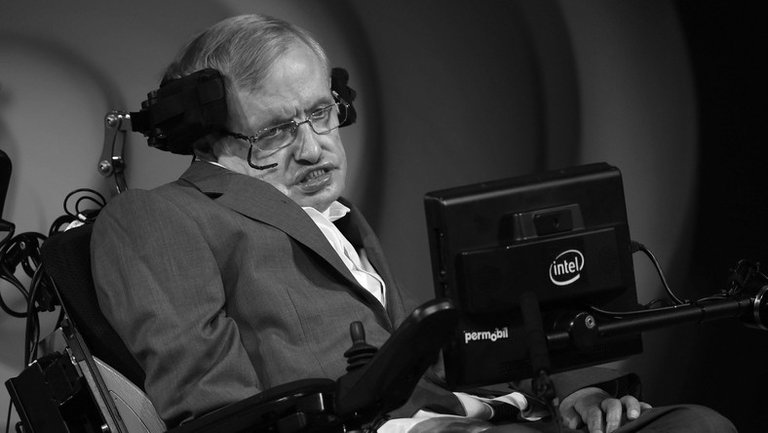Stephen Hawking doesn't live. Famous scientist: astrophysicist and kosmolog, died in Cambridge at the age of 76 years. Despite partial paralysis of the body has reached a unique scientific achievements and greatly contributed to the development of knowledge about space. His death was reported by press Secretary of the family.
Stephen Hawking was born on 8 January 1942 in Oxford. His family was connected with London, however, the second world war and the desire to avoid bombing forced her to move to a safer place. There he started his adventure with science. At the local University began the study of science, after bachelor's degree to begin a study of astronomy. Soon, however, changed the science center. The choice fell on the University at Cambridge, where he studied kosmologię.
That was sick Stephen Hawking?
At the beginning of his teaching at Cambridge, Hawking appeared the first symptoms of amyotrophic lateral sclerosis.Hawking, as he admitted, to learn about the illness, he falls into a depression and a drinking problem, which came after the marriage with Jane Wilde.The disease caused him almost total paralysis of the body. Stephen Hawking was forced to move about in a wheelchair, in 1985, had also lost power over the voice. With the world spoken through a speech synthesizer that read statements entered from the keyboard.
Unusual scientific achievements
Academic achievements are impressive. The main achievements of Hawking relate to theoretical cosmology and quantum gravity. Paid much attention to the Big Bang theory and the phenomenon of black holes. Today the rays don't call him names Hawking radiation.
The book "a brief history of time". Bestseller popular science
About their scientific ideas Stephen Hawking had the pleasure of writing in books, which language is simple and understandable for the average person. The most famous is "a brief history of time", first released in 1988. It is a literary journey from the birth of the universe until her death, which is available in the form reviewed theoretical physics.